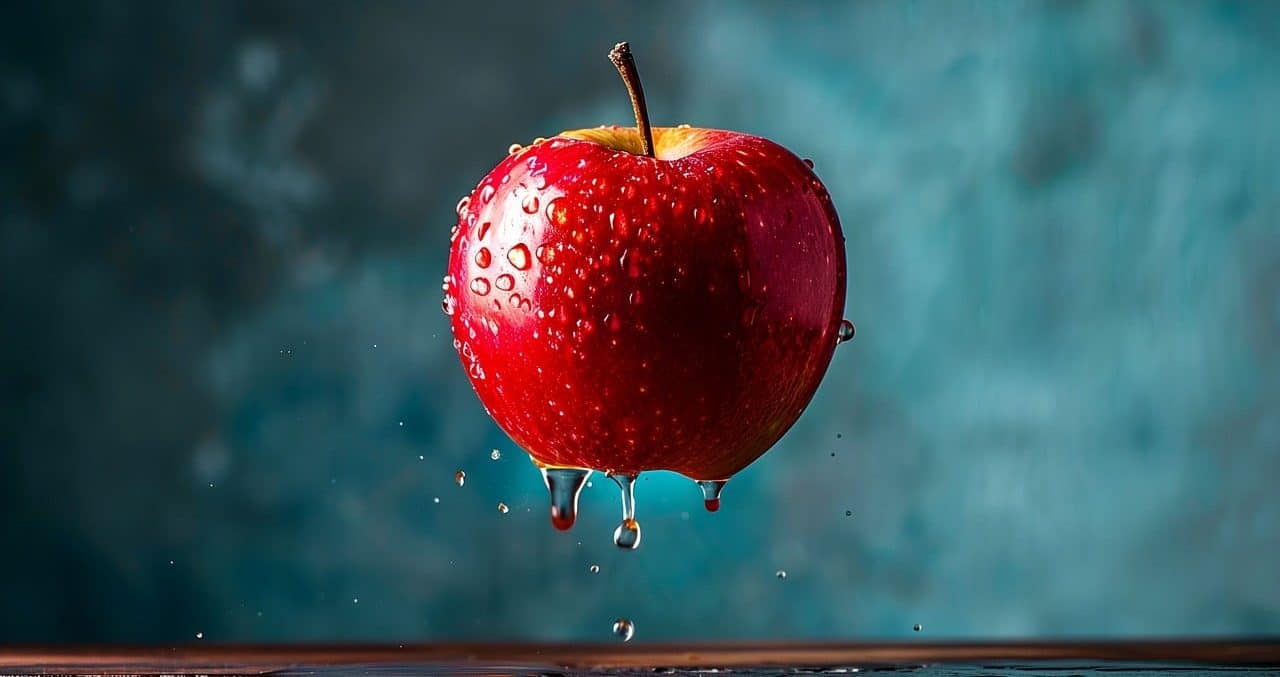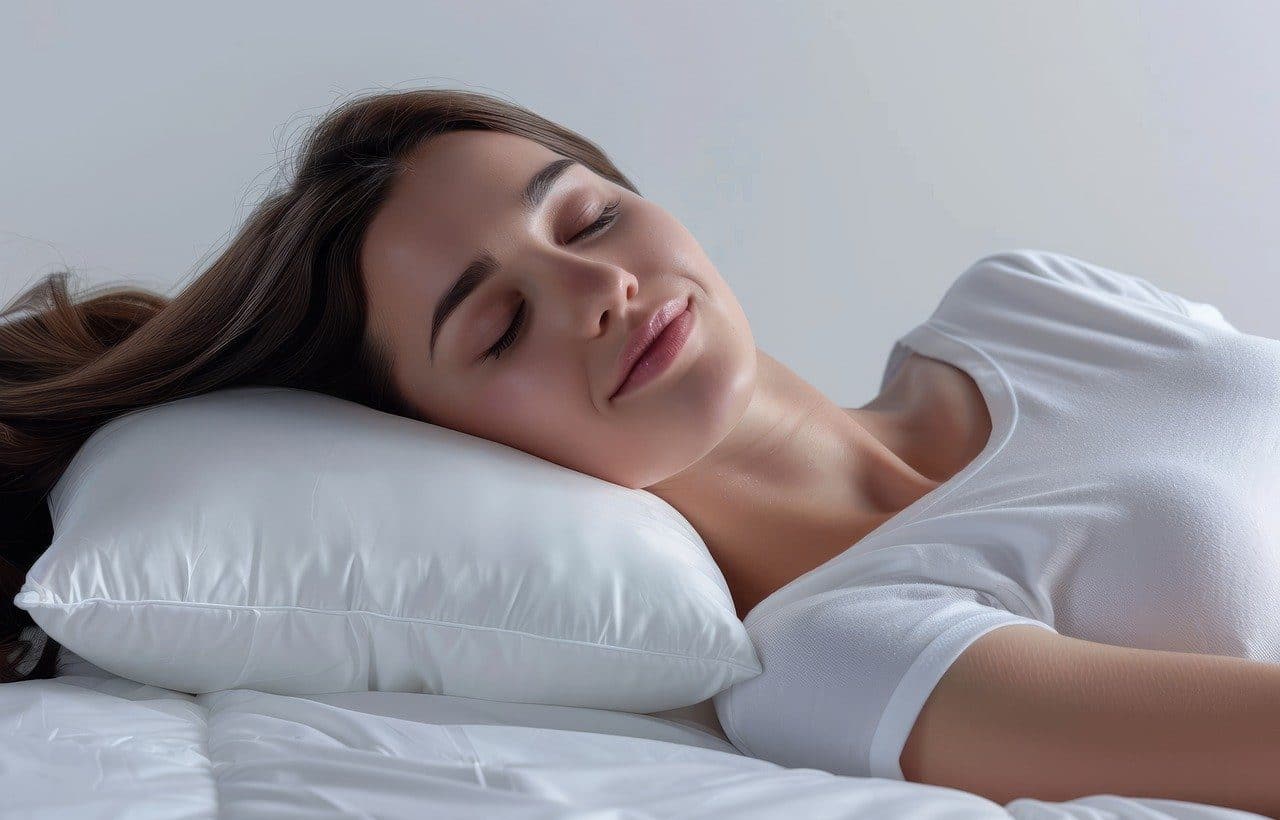
Conscious eating and hydration are two pillars of physical self-care.
Self-care includes the actions a person takes to maintain, improve or restore their mental, physical and emotional health. It includes a variety of healthy practices and habits that promote overall well-being, such as regular exercise, a balanced diet , adequate sleep, stress management, practicing relaxation, and setting healthy boundaries in interpersonal relationships. It also involves seeking professional help when necessary and recognizing one's own needs and limitations.
Physical self-care
Physical self-care focuses on maintaining the health and well-being of the body.
Conscious eating
Also known as mindful eating , it involves paying attention to the foods we consume and how they affect our body. In this sense, antioxidant foods are especially important, as they help fight free radicals and protect our cells from damage.
Hydration
Another fundamental pillar of physical self-care. Staying properly hydrated is essential for the proper functioning of our body. In addition to drinking enough water, it is important to take care of skin hydration by using moisturizers and sunscreen.
Physical exercise
Including breathing exercises and stretching exercises in our daily routine can help improve flexibility, reduce muscle tension, and promote relaxation. Activities such as yoga and pilates are excellent options, as they add mindfulness to daily activities and the mind-body connection.
Rest
Rest and quality sleep are equally important for physical self-care. While we sleep, our body recovers and regenerates, which is crucial to maintaining good health . It is advisable to establish a regular sleep routine and create an environment conducive to sleep, such as maintaining an appropriate temperature in the room and limiting exposure to electronic devices before bedtime.
Mental and emotional self-care
Mental and emotional self-care is essential to maintaining a healthy balance in our lives and managing stress, emotions and daily challenges. Below are some practices that can help in this regard.
Relaxation practices
Including activities that encourage relaxation , such as taking relaxing baths, practicing deep breathing, listening to relaxing music, or spending time on pleasurable activities such as reading or gardening, can help reduce stress and anxiety.
guided meditation
A technique that uses an instructor's voice to direct attention and concentration, helping to calm the mind and develop present moment awareness . It can be helpful in reducing stress, improving mental clarity, and cultivating self-compassion , as well as compassion toward others.
Mindfulness
It involves paying deliberate, nonjudgmental attention to the present moment. This practice can help reduce mental rumination, improve the ability to manage difficult emotions, and increase prioritization of well-being .
Visualization techniques
Visualization involves imagining scenes, situations, or desired outcomes in a vivid and detailed way. This technique can help reduce anxiety, increase motivation, and improve self-confidence by creating mental images of success and improvement .
Coping techniques
Developing skills to deal with stress and difficult situations effectively is essential for mental and emotional self-care. These techniques may include identifying and changing negative thoughts, seeking social support, setting healthy boundaries, and practicing resilience .

Essential oils relieve stress, improve mood and relax us.
Therapies
Therapies related to self-care encompass a wide range of approaches that seek to promote physical, mental and emotional well-being.
Alternative therapies
This term encompasses a variety of therapeutic approaches that are used in conjunction with or as alternatives to conventional medicine . This may include practices such as acupuncture , herbal medicine, traditional Chinese medicine, among others, which focus on restoring balance and harmony to the body and mind.
Hydrotherapy
The use of water for therapeutic purposes, whether through immersion baths, hot and cold showers ( contrast ), pressurized water jets and water exercises. Hydrotherapy is used to relieve pain, reduce inflammation, improve circulation, and promote muscle relaxation.
Aromatherapy
Uses aromatic essential oils extracted from plants to improve overall well-being. These can be inhaled, applied to the skin, or used in diffusers. Different aromas are believed to have therapeutic properties that can help relieve stress, improve mood, and promote relaxation.
sound therapy
Use sounds and vibrations to induce states of deep relaxation and promote healing . This can involve the use of musical instruments such as singing bowls, bells, gongs and drums, as well as the human voice. It is believed that sound therapy can relieve stress, improve concentration and restore balance to the body and mind.
art therapy
Take advantage of the creative process and artistic expression as a means to explore emotions, resolve internal conflicts, and promote personal growth . It can include activities such as painting, drawing, sculpture, collage, and creative writing, and is used in a variety of therapeutic settings to help people improve their self-awareness and self-esteem .
Animal therapy
Also known as zootherapy or animal-assisted therapy , this form of therapy uses interaction with animals, such as dogs, cats, horses, and dolphins, to improve people's health and well-being. It has been shown to reduce stress, increase motivation, improve communication, and promote emotional connection.
Cognitive behavioral therapy
It focuses on identifying and changing negative or dysfunctional patterns of thinking and behavior that contribute to emotional and behavioral problems. It is based on the premise that our thoughts influence our emotions and actions, and works to restructure negative cognitions and promote more effective coping skills.
occupational therapy
It focuses on helping people participate in the activities of daily living in meaningful and satisfying ways . This can include activities such as self-care, productivity, and leisure. Occupational therapists work with individuals to develop functional skills, adapt the environment, and facilitate their patients' participation.

Certain rituals at night and in the morning help us find a balance necessary for self-care.
Rituals and routines
Morning and evening rituals are powerful tools to encourage self-care and establish a healthy balance in our lives.
Morning rituals
Starting the day with a morning ritual can set a positive tone and prepare us to face challenges that arise. This includes practices such as meditation or visualizing goals for the day, stretching exercises or yoga to awaken the body, and mindful eating to nourish us from the inside out. Plus, taking a moment to express gratitude for the good things in our lives can create a positive mindset that stays with us throughout the day.
Gratitude ritual
Whether in the morning or at night, it involves taking a moment to reflect on the things we are grateful for in our lives. This can be as simple as making a note of them in a journal or simply taking a moment to reflect on them. Regularly practicing gratitude can help shift our perspective to a more positive one, reduce stress, and increase our sense of well-being.
Boundary maintenance
Setting and maintaining healthy boundaries is essential for self-care. This may include learning to say no when necessary, saving time and energy to avoid burnout, and clearly communicating our needs to others. Firmly following this helps us preserve our mental and emotional health, and allows us to prioritize our well-being.
time management
This involves not only fulfilling our work or family responsibilities, but also carrying out activities that bring us joy and satisfaction, such as hobbies or spending quality time with loved ones. Consciously planning our free time helps us avoid burnout and cultivate a greater sense of balance in our lives.
Disconnection
Regularly disconnecting from work, social media, and other digital distractions is essential for self-care. For example, setting time limits for the use of electronic devices, carrying out activities that do not require technology, and creating distraction-free spaces where we can relax and recharge . Disconnection allows us to rest and rejuvenate mind, body and spirit, which is essential to maintain an optimal state of well-being.
